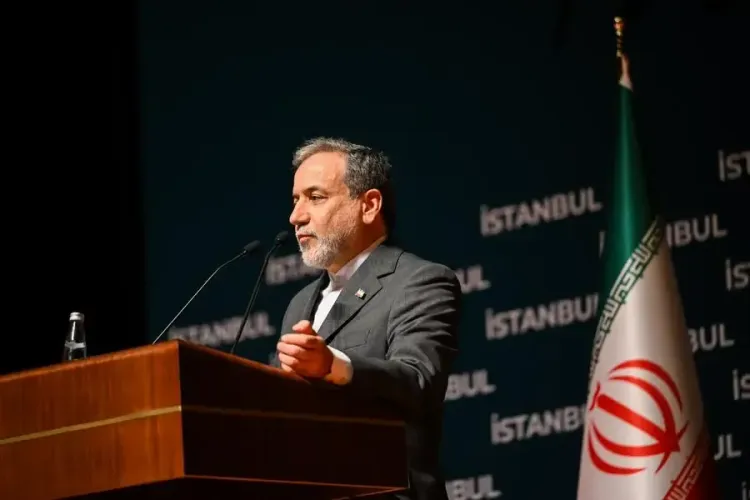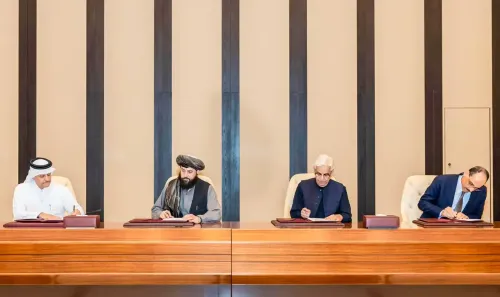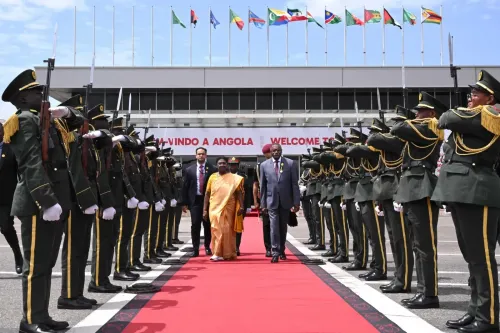Will There Be a Deal Between Iran and the US Amid Zero Enrichment Demands?

Synopsis
Key Takeaways
- Iran firmly rejects zero uranium enrichment demands from the US.
- Negotiations remain possible but challenging.
- Iran stresses the importance of enriching uranium for peaceful purposes.
- Diplomatic efforts are ongoing, with upcoming IAEA discussions.
- The situation remains tense following recent military actions.
Tehran, July 31 (NationPress) There will be no agreement reached between Iran and the United States as long as Washington insists on zero uranium enrichment, stated Iranian Foreign Minister Seyed Abbas Araghchi. In an interview published on Thursday, Araghchi conveyed to the Financial Times (FT) in Tehran that while negotiations could occur, "with zero enrichment, we don't have a thing."
Araghchi emphasized that Iran maintains its capacity to enrich uranium, noting that the timing and method of resuming enrichment "depends on the circumstances," as reported by FT.
Regarding the potential for renewed nuclear discussions between Iran and the US, Araghchi remarked, "the path to negotiation is narrow but not impossible," urging Washington to demonstrate "real determination for a win-win deal" and propose "authentic confidence-building measures."
He stressed that Washington must clarify the reasons behind its assault on Iran, provide compensation for the inflicted damage, and assure that it will refrain from attacking Iran again in future negotiations, according to reports by Xinhua news agency.
Earlier this week, Araghchi asserted that Iran must persist in domestic uranium enrichment for the creation of radiopharmaceuticals and to fuel the nation's "nascent" nuclear power reactors. "No rational individual would relinquish the benefits of substantial investment in homegrown and peaceful technology that saves lives, simply due to the demands of intimidating foreign powers," Araghchi expressed on the social media platform X.
Recently, Iran has intensified its diplomatic initiatives concerning the nuclear matter. Last week, Iran, alongside France, Britain, and Germany, collectively known as the E3, resumed nuclear discussions in Istanbul.
Esmaeil Baghaei, spokesperson for the Iranian Foreign Ministry, announced that a delegation from the International Atomic Energy Agency (IAEA) will visit Iran within the next fortnight, during which a manual outlining the future of Iran's cooperation with the IAEA will be presented.
In recent days, Washington has persistently demanded that Iran halt all uranium enrichment, a request that Tehran has resolutely declined.
On June 13, Israel conducted significant airstrikes targeting various locations in Iran, including nuclear and military sites, followed by US airstrikes on three Iranian nuclear installations on June 22. A ceasefire was reached between Iran and Israel on June 24 after 12 days of conflict.









